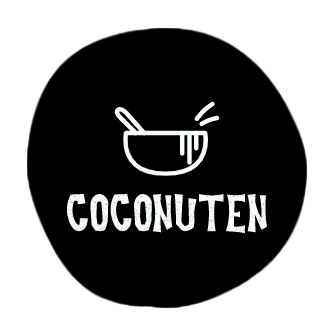How to Carve a Coconut Into Animal Shapes with 4 Steps

Introduction: Why Carve a Coconut? Carving a coconut is a skill that can be used in many different ways. From cooking to decoration, there are many different uses for the fruit. It is one of the most popular tasks that people ask how to do on YouTube. There are over 6 million videos on YouTube […]
China Hainan coconut carving introduction
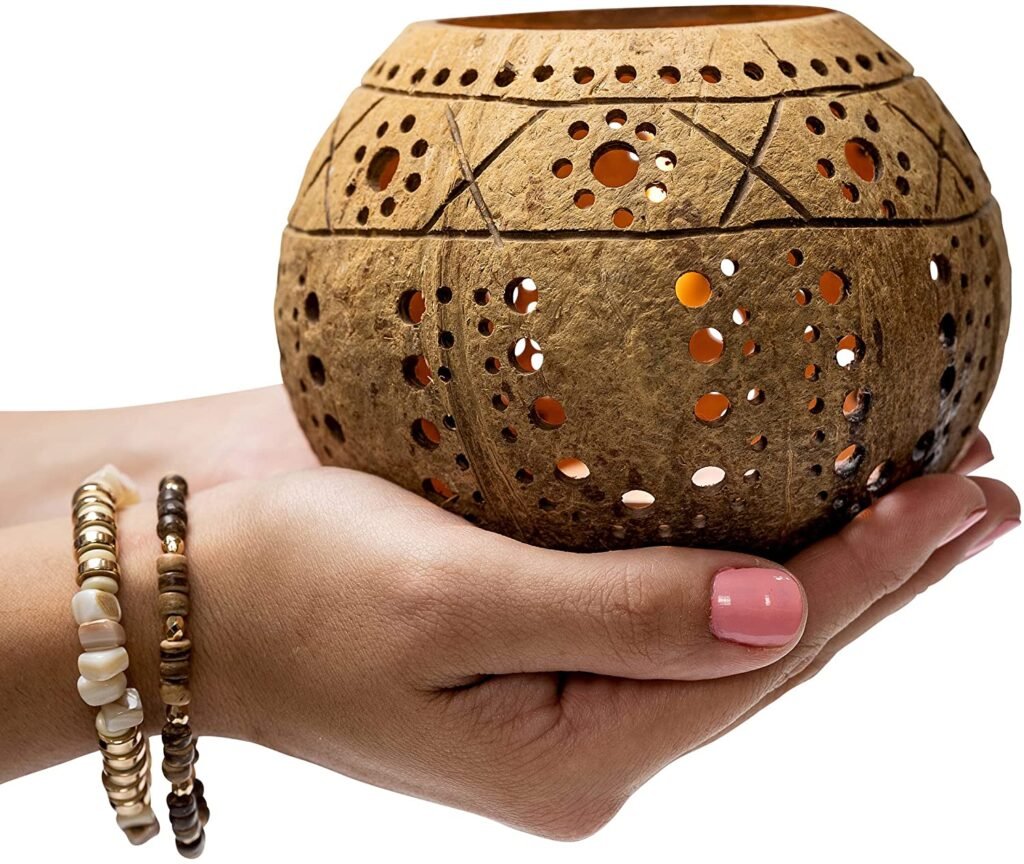
A coconut in Hainan, when the melon is ripe, people eat its flesh and carve its shell. Such a custom has continued for thousands of years in the tribes of the ancestors of the Li people. A coconut, under the carving knife of the craftsman, from green to deep, green to brown, black silk to […]
Is Sprouted Coconut Healthy?
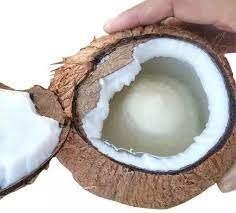
Introduction: What is a Sprouted Coconut A sprouted coconut is a type of coconut that has been soaked in water until it begins to sprout. It is then dried and the husk removed. This process increases the nutritional value of the coconut and makes it easier for people with food allergies to consume. The health […]
Glutinous coconuts? The Makapuno Coconut guide.
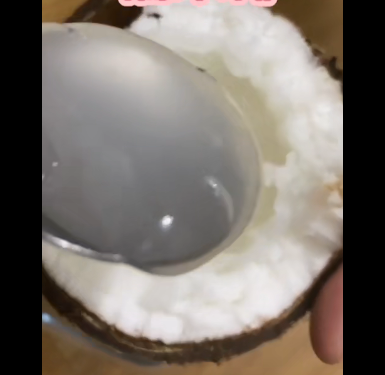
Recently, in China, many bloggers and video creators have been posting videos of “glutinous coconuts”, which are called glutinous coconuts because they have no coconut water, look like jelly inside and taste similar to glutinous rice. This is why this article is about this type of coconut.
The benefits of coconut water and milk

consume alcohol fresh from the nut. As the Hawaiians state, coconut water is “dew from the heavens”.
With the presence of hypoglycemic and also hypotension-inducing substances such as calcium and also potassium, coconut water consists of potential wellness benefits needed for conquering common illness such as diabetic issues and also hypertension. Kinetin, the development hormone which helps cell repair and regeneration, is likewise presentin coconut water.
9 Benefits to Drinking Coconut Water

ny grocery store or health food store. Coconut water contains more electrolytes than sports drinks so it will help you stay hydrated during physical activity or if you are experiencing fluid loss due to an illness.
How many uses of coconut?
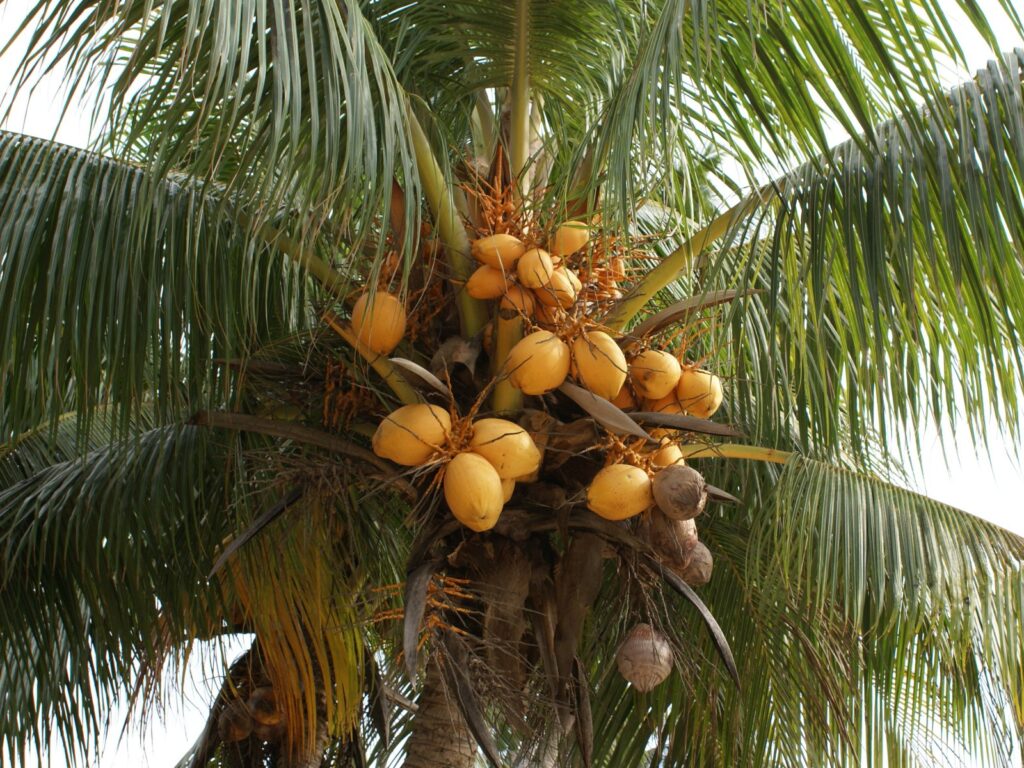
For centuries, the coconut has been an important source of versatile food and uses. It provides food, drink, clothing and shelter, as well as income from its products. Because coconuts result in a year-round yield, they are easily available.
Coconut is a major source of food, oil, coconut water, and coconut milk. It has probably been used by humans for centuries. Today, it is a household name and increasingly a symbol of health and proximity to nature. Because of its health properties, the coconut does deserve what it has achieved now.
How to make a personalized coconut smoothie bowl

Recently exploded tiktok gourmet dessert coconut smoothie bowl, can be described as hot, has become the trendy products sought after by the major online celebrities! In fact, is by dragon fruit, mango, oatmeal and other fruits, nuts, plus milk shake smoothie improved. After the fermentation of time, in the need for freshness of the beverage market fire! The taste is sweet and refreshing, not greasy, looks like a variety of colors, the taste of different fruits hit your taste buds, is a wonderful experience.
5 minutes to understand the status and problems of veganism

Many schools of Buddhism, including Indian Buddhism, Southwest Hinayana Buddhism, and Tibetan Tantric Buddhism, have developed, and many of them do not completely prohibit non-vegetarian food. Taoism pursues “natural nature, respect for life and virtue”. The study of Western vegetarianism is based on the idea that animals have or should have moral status. There are Peter Singer’s animal liberation theory, Leopold’s earth ethics, Taylor’s biocentric ethics, Schweitzer’s reverence for life ethics, and Tom Regan’s animal rights theory. Later, the vegetarians Bohm, St. Thomas More, and Locke, and the anthropocentrists Penn, Leibniz, Hume, and Rousseau discussed the relationship between humans and animals from their own perspectives.
Ceramic bowls vs. glass bowls vs. plastic bowls vs. silicone bowls vs. metal bowls vs. coconut bowls

This article briefly compares a few common bowls to help you make your choice. Special materials such as paper, cereal and bone china bowls are not included in the comparison. We will be comparing.
Ceramic bowls, glass bowls, plastic bowls, silicone bowls, metal bowls, coconut bowls
Aspects to be compared: usage scenarios, practicality, quality, safety
